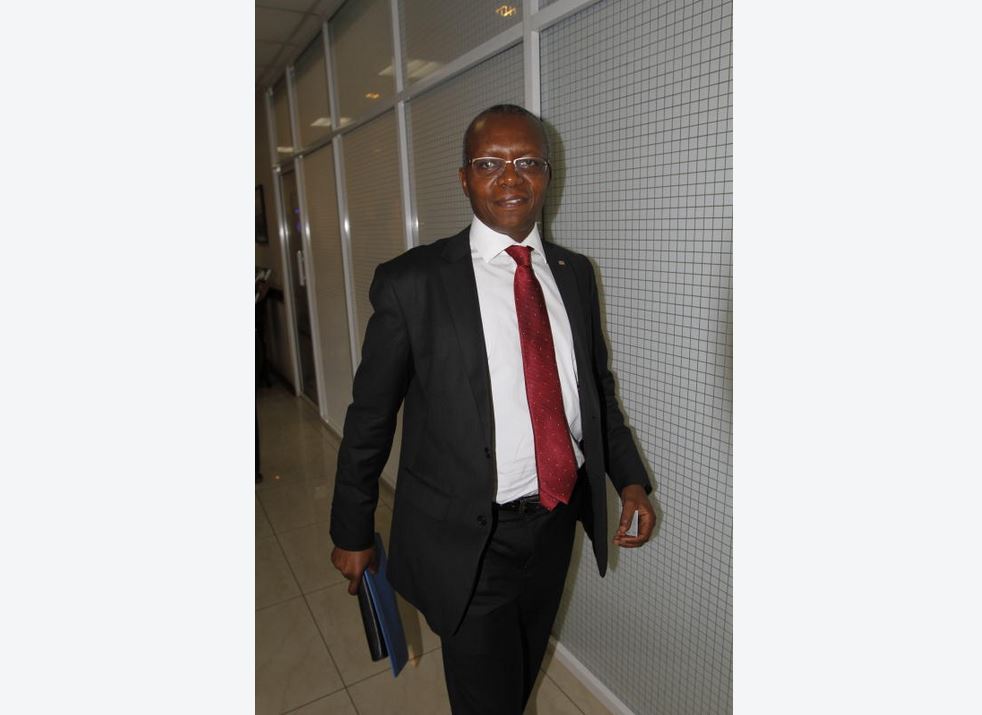×
The Standard e-Paper
Smart Minds Choose Us

A Chinese firm running the Standard Gauge Railway has tried to bind its local employees to a code of secrecy, even as the Kenya Railways defended the Sh1 billion monthly expenses.
China Road and Bridge Corporation (CRBC), which has been rocked by racism claims, last month asked local staff to sign secrecy agreements to prevents them from taking pictures and posting them on social media or sharing them with other media outlets.